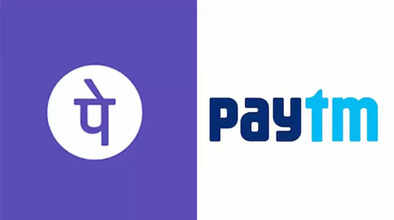Rules Change: The big change in UPI rules from August 1, everything from balance checks to auto payments will be affected..

If you also make UPI payments from apps like Google Pay, PhonePe, or Paytm, then some important changes may be necessary for you from August 1. The National Payments Corporation of India i.e. NPCI is now going to change some technical things related to the UPI system. Its purpose is to reduce the increasing load on the UPI system and control unnecessary API requests.
People who check balances frequently will be shocked.
The biggest impact of this change will be on those who check their balances several times a day or whose many bank accounts are linked to the same mobile number. According to reports, now you will be able to check your bank balance only 50 times a day from the UPI app. At the same time, the details of bank accounts linked to the mobile number will also not be able to be seen more than 25 times.
More than 7 thousand UPI transactions are happening every second.
UPI's daily transactions have reached about 16 billion. More than 7 thousand transactions are happening every second. That is, if UPI is down even for just one minute, then about 4 lakh people are directly affected. This also happened once in April when payments were down for 5 hours and lakhs of people were troubled.
Now auto payments will be done only at a fixed time.
Another big change will be regarding auto payments. Subscription payments like SIP or Netflix will now be done only in non-peak hours. That is, before 10 am, between 1 pm to 5 pm, and after 9:30 pm.
NPCI has asked all banks and payment service providers to implement these changes by July 31. Recently it was found out that some banks were repeatedly sending API requests like 'check transaction', which was putting a lot of load on the system, and many times UPI was getting stalled.
Disclaimer: This content has been sourced and edited from NDTV India. While we have made modifications for clarity and presentation, the original content belongs to its respective authors and website. We do not claim ownership of the content.

